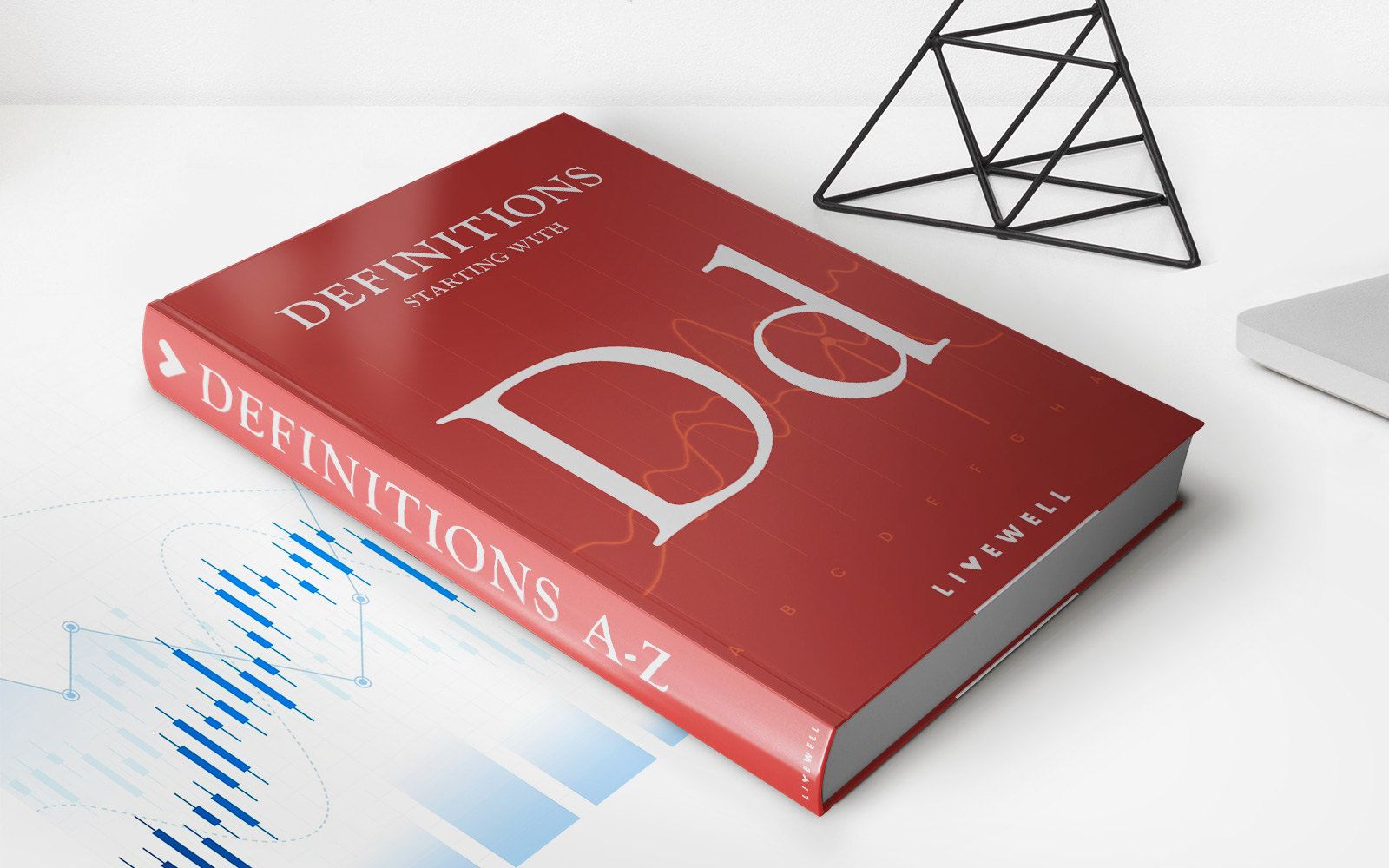Home>Finance>8-K (8K Form): Definition, What It Tells You, Filing Requirements


Finance
8-K (8K Form): Definition, What It Tells You, Filing Requirements
Published: September 24, 2023
Learn about 8-K (8K Form) in finance: definition, insights, and filing requirements. Stay informed with this vital financial document.
(Many of the links in this article redirect to a specific reviewed product. Your purchase of these products through affiliate links helps to generate commission for LiveWell, at no extra cost. Learn more)
Understanding 8-K Forms: What They Are and Why They Matter
When it comes to the world of finance, there’s a seemingly endless array of forms and filings that can make your head spin. From annual reports to prospectuses, it can be challenging to keep up with all the jargon and requirements. One such document that you may come across is the 8-K form. In this blog post, we’ll dive into what exactly an 8-K form is, what it tells you, and why it’s essential for both investors and companies alike.
Key Takeaways:
- 8-K forms are reports filed with the Securities and Exchange Commission (SEC) by publicly traded companies in the United States to disclose significant events that shareholders and potential investors should be aware of.
- These forms provide timely and material information about events such as acquisitions, mergers, changes in corporate governance, bankruptcy, and other important developments within a company.
What is an 8-K Form?
Put simply, an 8-K form is a document filed by publicly traded companies with the SEC to disclose significant information that could impact investors’ decisions or the company’s financial health. It is named after the section of the Securities Exchange Act of 1934, which requires companies to file this form within a specific timeframe after a particular event occurs.
Companies must submit an 8-K form within four business days of the occurrence of a triggering event. These events can include major developments such as mergers, acquisitions, changes in corporate governance, bankruptcy, or any other event that is important enough to affect investors’ understanding of the company’s financial condition.
What Information Does an 8-K Form Provide?
The information provided in an 8-K form can be crucial for investors, regulators, and other stakeholders to gain insight into a company’s operations and financial health. The form typically includes information such as:
- The date of the event triggering the filing
- A concise description of the event
- Financial statements or exhibits related to the event
- Any new agreements or contracts resulting from the event
By disclosing this information, companies enable shareholders and potential investors to make informed decisions about their investments and assess the potential impact of significant events on a company’s prospects. It also ensures transparency and accountability in the marketplace.
Why are 8-K Forms Important?
For investors, 8-K forms serve as essential sources of information that help gauge the health and stability of a publicly traded company. By keeping track of these filings, investors can stay informed about any recent developments that could impact their investment decisions. Whether it’s news of a major acquisition, a change in senior management, or a legal proceeding, these forms give investors the opportunity to evaluate the potential risks and rewards associated with a particular investment.
For publicly traded companies, filing accurate and timely 8-K forms is not just a legal requirement but also an opportunity to demonstrate transparency and communicate important information to shareholders, potential investors, and the broader market. Failure to file these forms promptly or withholding critical information could lead to legal consequences and erode investor trust.
Conclusion
In the fast-paced world of finance, staying informed about significant events impacting publicly traded companies is vital for investors and companies alike. 8-K forms play a crucial role in providing timely, relevant, and material information to investors and ensuring transparency in the marketplace. As an investor or someone interested in understanding the financial landscape, keeping an eye on these filings can help you make more informed investment decisions and stay ahead of the curve.














